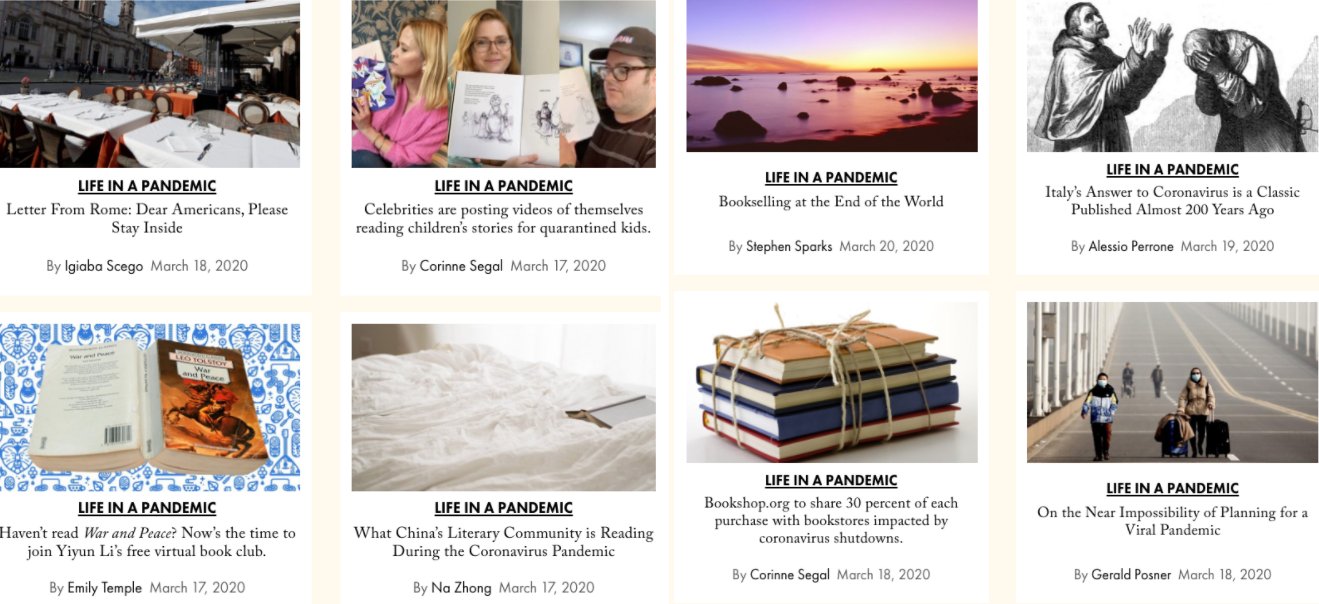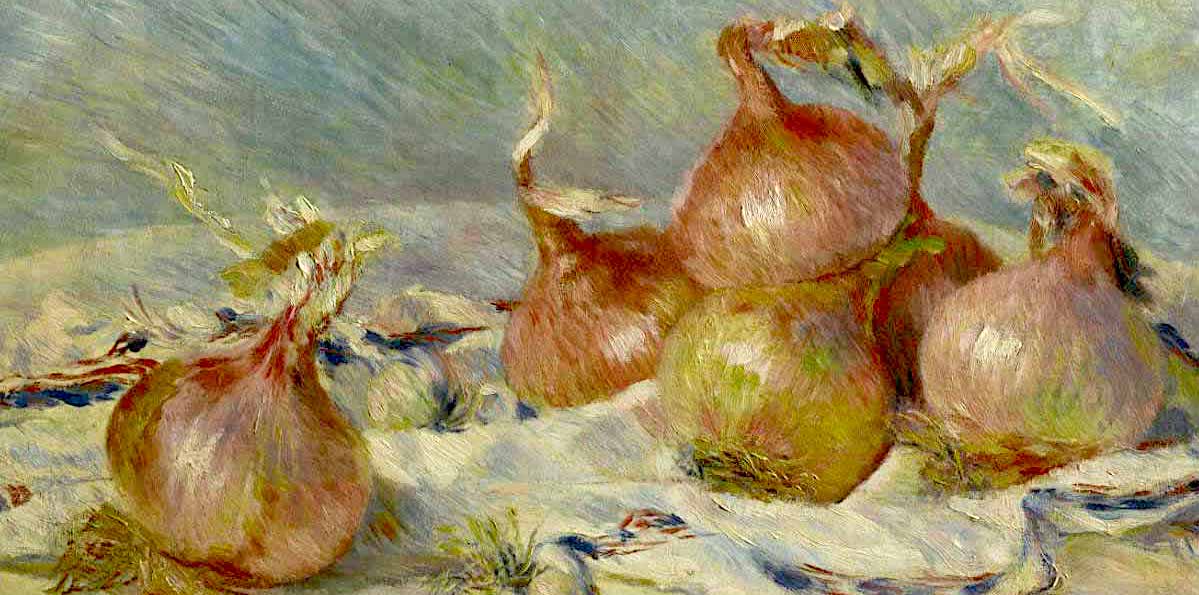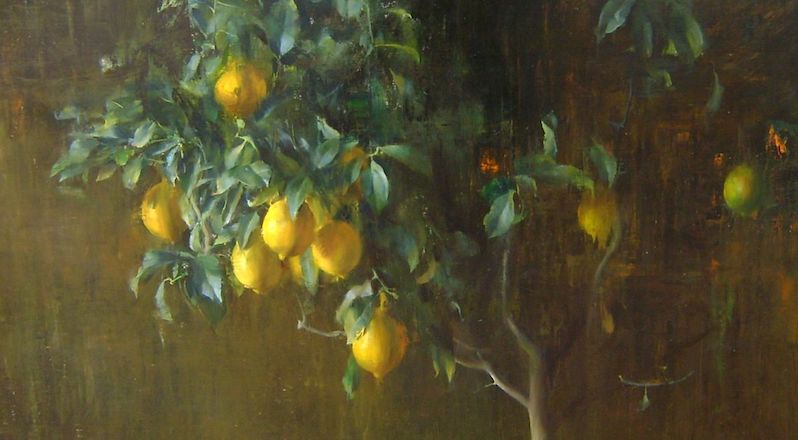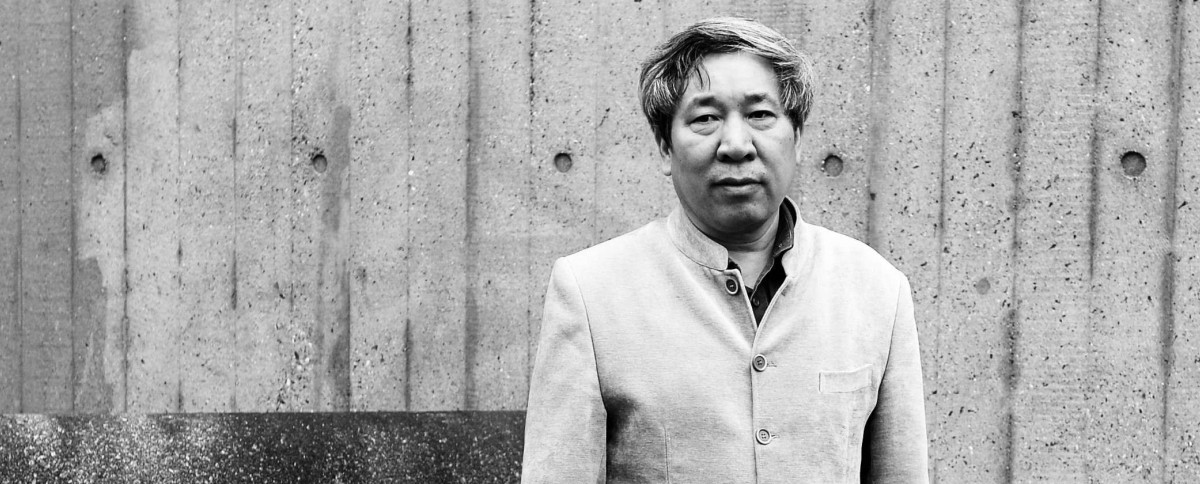
Lit Hub Staff Picks: Our Favorite Stories in This Strange Long Month
The Best Writing at the Site in March
From essays to interviews, excerpts and reading lists, we publish around 200 features a month. And though we’re proud of each week’s offerings, we do have our personal favorites. Below are some of our favorite pieces of writing from the month at Lit Hub.
_____________________________________

Life in a Pandemic, Lit Hub’s coverage of the coronavirus pandemic
I’m going to cheat here because I am allowed to. I’m proud of everyone I work with for what we’ve done at Lit Hub over the last month in response to the coronavirus pandemic: personal essays from Italy and China and the UK, reporting on bookstores and bookstore workers, meditations on isolation and solitude, historical context for life during a plague, comfort food, personalized book recommendations, parlor games, and much, much more.
–Jonny Diamond, Lit Hub editor in chief

“Talking to Poets About Their Love of Crossword Puzzles” by Adrienne Raphel
When you think about it, the connection between poetry and crosswords is natural, familial, the domains of language obsessives. This delightful essay takes a deeper look at the kinship between poets and puzzlers. Raphel talks to avid (but humble) crossworder/poet Alice Notley—”If you can really get inside the alphabet, you might really approach the secret of everything”—and explores the history of poem-as-puzzle (and vice versa), from T.S. Eliot to Fatima Asghar. This piece is a welcome respite from current events (and a helpful reminder that now is the perfect time to get really into crosswords).
–Jessie Gaynor, Lit Hub social media editor

“Let Us Now Praise . . . The Onion” by Thom Eagle
Very good writing about food is one of my great pleasures—obviously it comes second to eating, but in fact, I find that food actually tastes better when I can recall some beautiful language for it. This excerpt from Eagle’s First, Catch was published before what is quickly becoming a new, and somewhat horrible, normal of social distancing and limited supplies, but I still have onions, and like Eagle, I love the smell of them “gently sweating in butter.” I thought of this description last night when I made spanakopita—this is what I do when I need a very delicious dinner that will last a few days—and it made me smile. A little bit of the outside world in this new inside life.
–Emily Temple, Lit Hub senior editor

“Ann Napolitano: Honor Your Obsessions—Especially the Weird Ones“
“We are inundated with information every hour of every day, and so it’s entirely possible to go through your life without realizing which subjects, pieces of art, or stories call out to you.” While now we might all be obsessed with a virus, there are smaller, more nuanced stories that consistently demand our attention. What are the things that send you on a wikipedia deep dive? Napolitano’s new novel began with her obsession with a real plane crash that had a lone survivor. This essay is like a craft lecture—a perfect encapsulation of how we should pay attention to the stories that obsess us and turn those stories into art.
–Emily Firetog, deputy editor

“Can We Talk About How Austen’s Characters Tend to Blur Together?” by Emily Hodgson Anderson
Emily Hodgson Anderson’s starting place for this piece is a question that perhaps many of us have thought, but were hesitant to ask: Why do so many of Jane Austen’s characters seem interchangeable? Even the most devoted Austenites among us may have had to flip back and forth a few times to keep track of the Janes. Anderson gives insight into what this character fungibility reflects “about life, love, and Austen’s analytical concerns,” particularly when it comes to the way that Austen’s heroines serve the marriage plot. And she takes it a step further, looking at why this dynamic preoccupies Austen’s readers and herself—what are we all so invested in our own uniqueness, anyway?
–Corinne Segal, Lit Hub senior editor

“Uncovering the Hidden Love Lives of Sylvia Plath and William Faulkner” by Carl Rollyson
Carl Rollyson, who published not one but two ambitious literary biographies this March—one about Sylvia Plath in her final days, the other following the young William Faulkner—in this essay gives compelling answers to the question, “What else is there to know about such highly scrutinized figures?” Rollyson’s love for archive-digging is apparent, and here he focuses on the mysterious love lives of prominent writers who were not quite as “public” as critical attention may have you believe. Did Ted Hughes hide critical information about Plath from her earliest biographers? Is it possible to conclude that Faulkner had an affair with his one-time neighbor, Kate Baker? Rollyson sets out to answer these questions in an engaging story that boils down to a fierce researcher following great leads.
–Aaron Robertson, Lit Hub assistant editor

“Stay Home, They Told Us: Diary of an Italian Editor” by Sara Reggiani
Scientists who documented what was happening in China and Italy performed an enormous service for the rest of the world. As COVID spread across the rest of the globe, they informed us what would happen, how the virus was going to progress and — even when it is scary – what sort of measures work to contain it. Now we’re living in this period of social isolation and I think it would have been quite a bit harder for me, personally, had I not read this diary by Sara Reggiani — which performs a secondary, equivally crucial service. Telling us how it was going to feel. Reggiani’s ability to describe the zoom and bounce of thoughts in confinement, the centripetal force of worry, made me feel less alone. This too can save lives.
–John Freeman, executive editor

“An Ode to the Lemon Tree” by Meir Shalev
My favorite piece from this month was a recent one—“An Ode to the Lemon Tree” by Meir Shalev. He describes the pleasure of having a garden of one’s own (sounding much preferable to a ‘room of one’s own’ in these indoor times), and gives the reader a few simple recipes to try from the ingredients one can find in the garden. He waxes poetic on meals, the preparation, the wine, the company. While this piece technically contains recipes, this is the kind of food writing I like best, with sentences like these being emblematic of the whole: “For this particular dish I recommend pasta that will hold the sauce well, and two diners only, preferably with an air of love between them” and, “If a child is sent to pick the leaves, two handfuls are better, and if the child is very small, then three.” It reminds me of the writing of Patience Gray, and her cookbook Honey From a Weed, less a cookbook than a rumination on seasons, and companionship, and a deep loyalty to place and what it can give, and when, and to ask nothing more. Meir Shalev inspires the same devotion to the trees and the herbs that can take care of us just as we care for them.
–Julia Hass, Lit Hub editorial fellow

“What Happens After Coronavirus?” by Yan Lianke
In his fiction, the renowned Chinese novelist Yan Lianke is very interested in the idea of a story consciously told. His writing reads like a folktale being passed down to you. (I recommend The Day the Sun Died and The Years, Months, Days.) It makes sense that in his lecture, given over the Internet to his graduate students, he is thinking about the coronavirus as it relates to storytelling and collective memory: “when we stand before the re-enactment of this ‘death play’ yet again, shouldn’t we at least ask ourselves what our memories were of the last one we were a part of?” In his lecture, translated by Grace Chong, he asks us to think of tragedies we’ve experienced almost like a fable, something we ought to talk to future generations about, something we ought to learn from.
–Katie Yee, Book Marks assistant editor

“If I Should Come Upon Your House Lonely in the West Texas Desert” by Natalie Diaz
I’m ashamed to say I don’t read a great deal of contemporary poetry these days. I’m not sure why. Perhaps it’s the fact that, in troubling times, it’s easier and more comforting to just return to the verse that moved me in my high school and college years. Perhaps it’s just laziness. Either way, I have been remiss and foolish. Thankfully, I have not made a rule of this failing, and one of the contemporary poets whose work I do make a point of following, and who leaves me awestruck time and again, is Natalie Diaz, from whose new collection (Postcolonial Love Poem, Graywolf Press) this blazing, magnificent poem is taken.
–Dan Sheehan, Book Marks editor



















